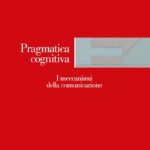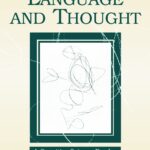Abstract
The issue of translation has been pivotal in analytical philosophy of language because it is strictly bound to the problem of meaning. The aim of the paper is introducing and discussing the main translation theories, showing the limits of translation definitions. On the one hand, it aims at understanding why the definition of translation on the basis of other concepts, such as meaning or equivalence, brought to paradoxical outcomes. On the other hand, it aims at showing why such outcomes are not so dramatic and how the notion of translation is instead useful to clarify the deeper mechanisms of language comprehension and linguistic phenomena, in both their semantic and pragmatic aspects.
Il tema della traduzione è stato centrale in filosofia analitica del linguaggio perché strettamente legato al problema del significato. Lo scopo di questo articolo è quello di presentare e discutere criticamente le principali teorie della traduzione, mostrando le difficoltà a cui sono andate incontro le varie definizioni di traduzione. Da una parte si cercherà di capire perché la definizione di traduzione in base ad altri concetti, come quello di significato o di equivalenza, abbia portato ad esiti paradossali. D’altra parte, si cercherà di mostrare perché questi esiti non siano così drammatici e come invece questa nozione sia utile a chiarire i meccanismi più profondi sottesi alla comprensione del linguaggio e ai fenomeni linguistici sia di tipo semantico che pragmatico.
Citazione
Francesca Ervas e Lucia Morra, “Traduzione”, in “APhEx 8”, 2013, pp. 35.




